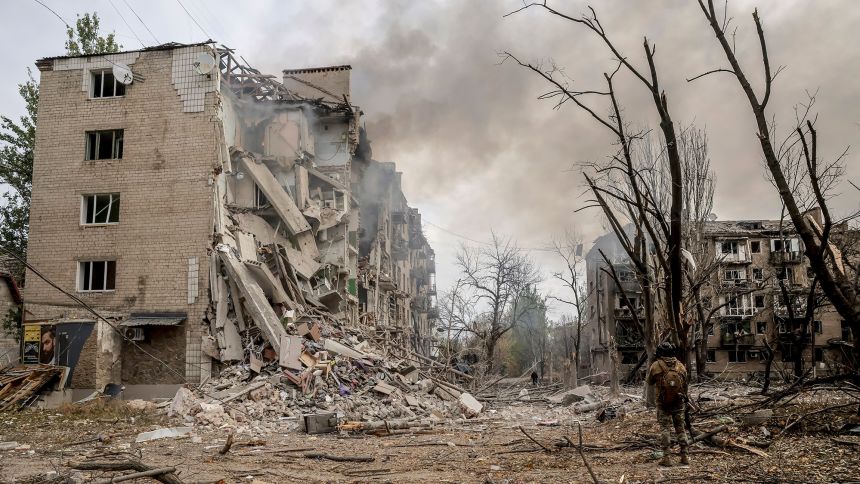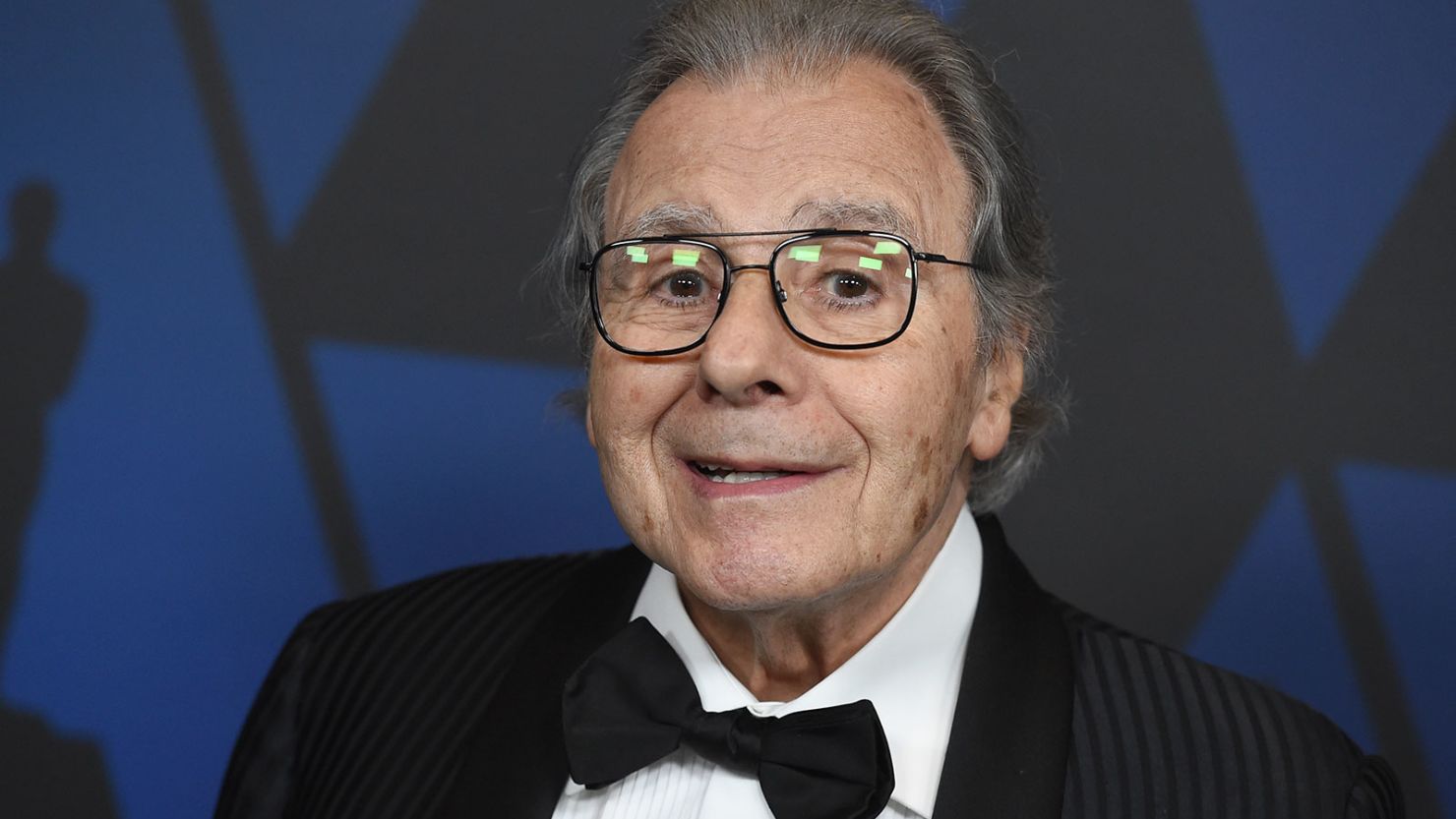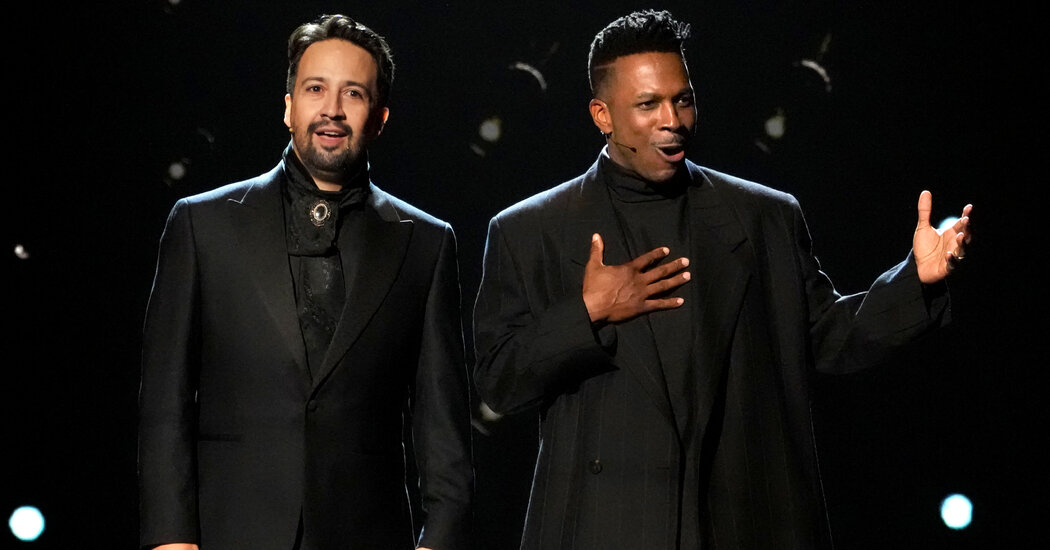Steve is going to get it done.
That is – and has been – the hope of Ukraine and Europe for months. During US President Donald Trump’s ebullient speech to Israel’s Knesset, he made it clear that elusive peace in Ukraine is his next priority, and that of his special envoy Steve Witkoff. And that this was a goal Trump had hoped would have proven easier than what he described as peace in the Middle East.
But Ukraine’s peace has perhaps not seemed further away since Trump came to power. There are few tactics from his work to end the horrors of Gaza that Trump can emulate as he seeks to curtail Russia’s near-four-year invasion of Ukraine. The only teachable moment he might find is that strength can win out: that the United States is still capable of imposing terms through sheer might. But that’s where the fleeting similarities end.
The first insurmountable difference is that, with Israel, Trump has persuaded an ally, militarily dependent upon him, to stop a horrific war that has earned near-global criticism. Instead, Russia is a historical opponent of the US, reliant on its main rival China, and when it comes to Moscow’s invasion, the world is somewhat mixed in its condemnation.
Trump’s cards, when it comes to Putin, were perhaps from the start imagined, but are now limited, if not non-existent. He has already tried red carpets, interpersonal charm and economic persuasion. There have been at least seven deadlines threatening more sanctions, until Trump decided he wants Europe to stop buying Russian hydrocarbons before he will impose any. Even the Kremlin admits the talks are on a “serious pause” (although Kremlin spokesman Dmitry Peskov said Monday, “Contacts through the respective channels are ongoing.”)
Continue reading the complete article on the original source



